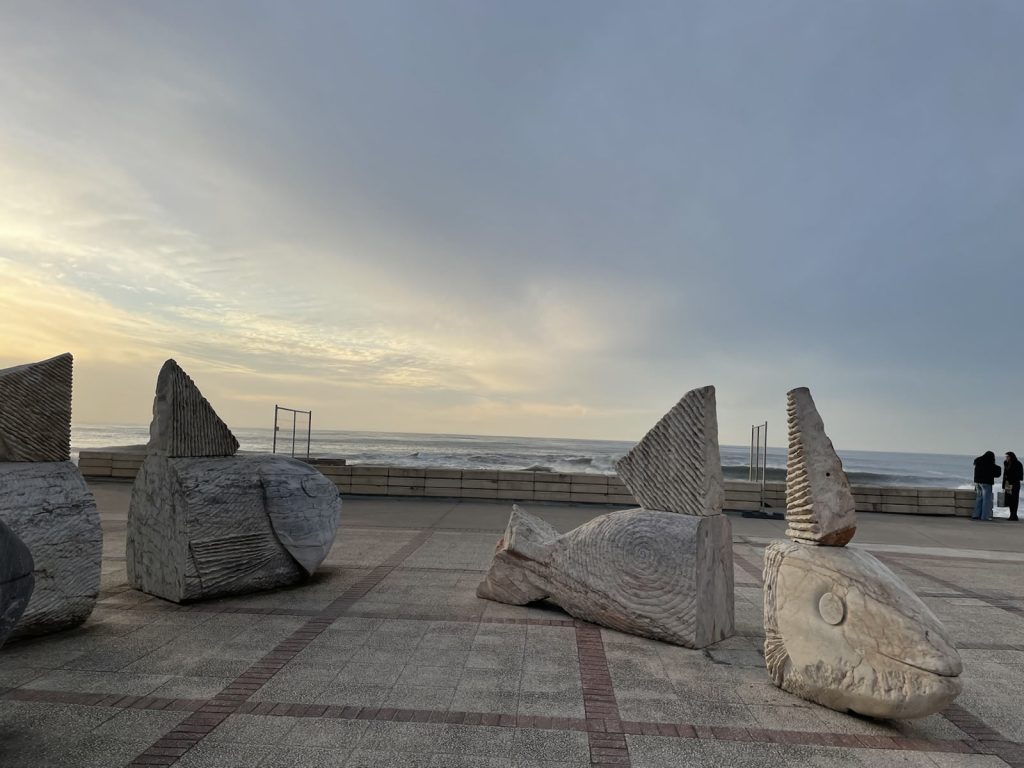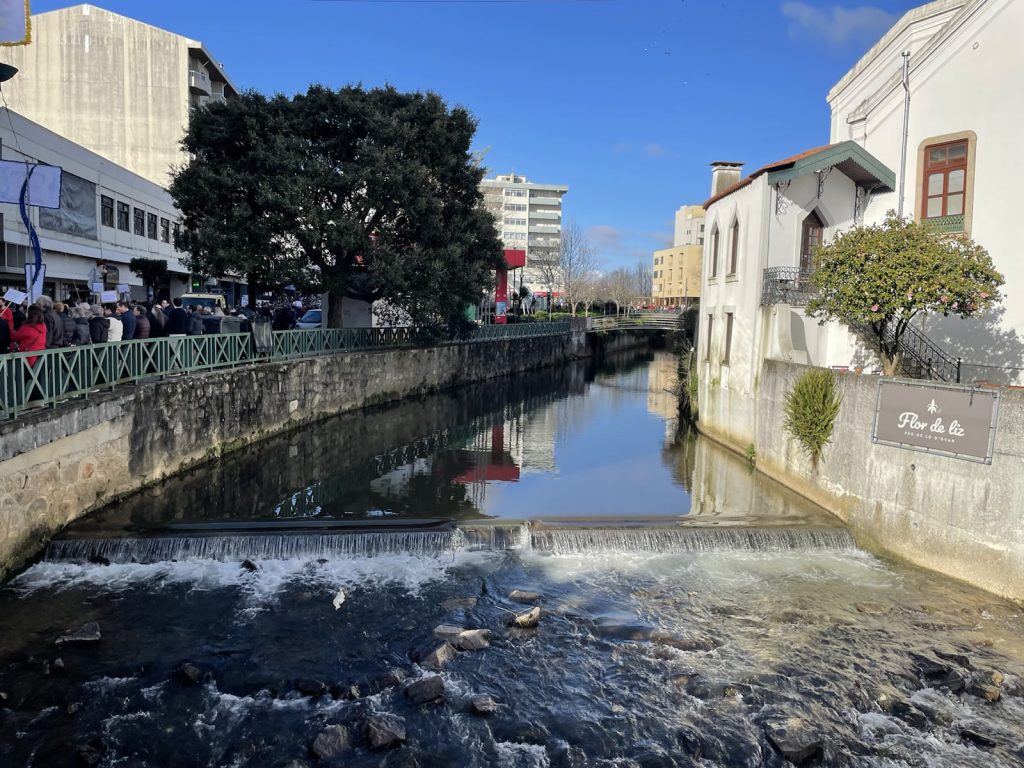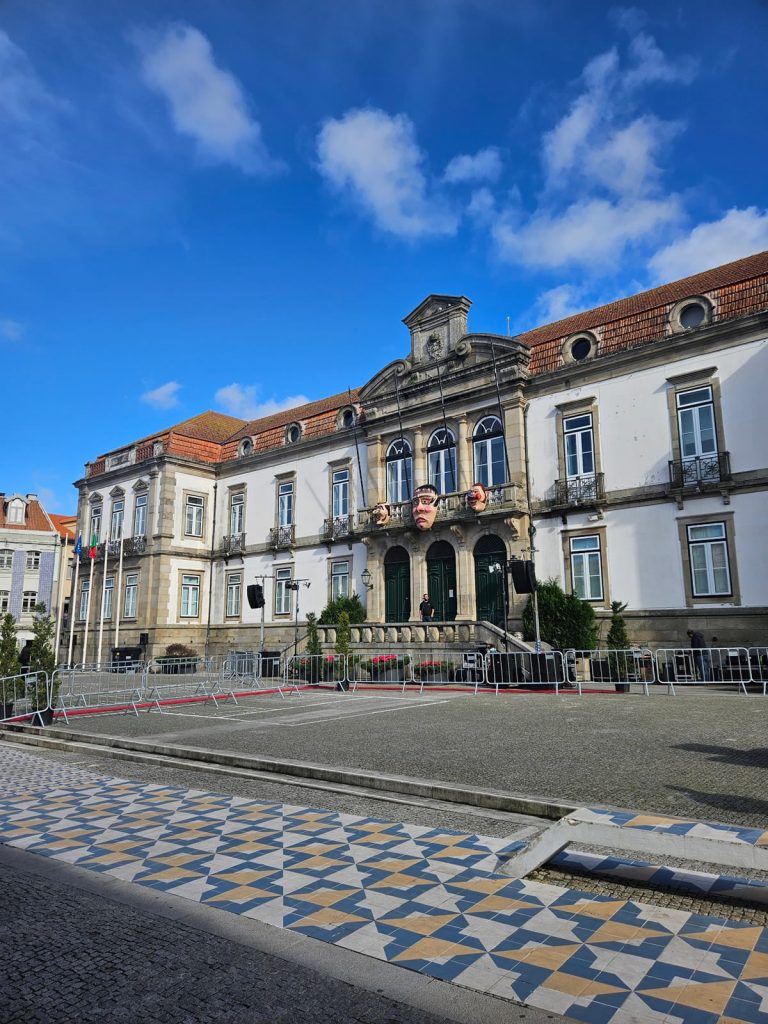I’m Alex, a programmer originally from the UK. For the past few years, I’ve been living a bit of an unconventional life. I work mostly remotely, and like many in the tech world, I’ve also dipped my toes into the crypto scene. In 2022, after months of lockdowns and too much grey weather, I decided to pack up my life and try something different. That decision eventually led me to Portugal, and I’ve been here ever since.
My work is pretty flexible. I do contract work as a developer, usually full stack stuff—React on the front end, Node or Python on the back. I also contribute to some open-source projects and occasionally trade or experiment with crypto protocols. It’s not a glamorous job, but it pays the bills and gives me the freedom to live life on my own terms. That freedom is how I ended up chasing the sun to Portugal.
I’d heard good things about Portugal from other digital nomads—mild climate, friendly people, solid internet, and a relatively low cost of living compared to other Western European countries. What really drew me in, though, was the lifestyle. Portugal isn’t a place where people rush. There’s a slower pace here, especially compared to London. People take time to talk, to eat, to live. It felt like exactly what I needed after years of burning the candle at both ends.
I started out in Lisbon. It’s the obvious first stop for anyone new to Portugal. The city’s got charm for days—old trams, tiled buildings, and hills that seem to go on forever. It’s also full of digital nomads and expats, so it’s easy to make friends. I spent a few months living in a shared flat in the Graça neighborhood. Mornings were pastel de nata and espresso at the corner café, then work until late afternoon, then a walk down to the Tagus to watch the sunset. Lisbon is beautiful, but it’s busy. After a while, I started craving something quieter.
Next stop was Porto. I’d visited as a tourist years before and remembered liking the vibe. Living there was even better. It’s smaller than Lisbon, and the pace is slower, but it still has a creative energy I love. The city has a strong indie scene—art, music, coffee roasters—and feels less polished in a good way. I rented a place in Bonfim, which is a bit off the beaten path but full of character. Days were slower, and the river walks in the evening became my new ritual.

After Porto, I decided to try out Braga. It’s one of the oldest cities in Portugal and has a strong student vibe because of the university. I liked it, but it didn’t quite click for me. Maybe I was starting to realize I wasn’t looking for a city at all. I tried Faro next, down in the Algarve. Beaches for days, amazing seafood, and sunshine almost every day. Faro has a laid-back charm, but in summer, it gets overrun with tourists, and I started to feel like a stranger in a resort town.
That’s when I started looking at smaller towns. I took a few weekend trips just exploring places between Porto and Lisbon, and that’s how I found Ovar. It’s a small town south of Porto, close to the coast but not touristy. There’s a calmness here that I didn’t find anywhere else. The town center has all the essentials—a local market, small bakeries, a couple of cozy bars. The beach is just a bike ride away, and the pine forests nearby are perfect for when I want to clear my head.
I’ve been in Ovar for over a year now. Life here is simple in the best way. I still do my remote dev work, sometimes from home, sometimes from a tiny coworking space run by a local startup. On weekends, I’ll bike out to the beach, or take the train up to Porto if I’m craving city life. I’ve even picked up a bit of Portuguese—enough to order coffee and chat with the neighbors.

What I’ve learned from this journey is that sometimes, slower is better. I don’t miss the hustle of London or the pressure to always be moving up or doing more. I’ve found a rhythm that works for me here. Portugal gave me the space to breathe, and Ovar gave me the feeling of home.

If you’re a remote worker or just someone looking for a change of pace, I can’t recommend Portugal enough. Not just the cities, but the little towns in between—the ones that don’t make it onto the travel blogs. You might just find your own version of home, like I did.
In my next post, I’ll talk about the process of getting my Portuguese visa. I wasn’t supposed to need one—but we lost the Brexit vote, so here we are.
